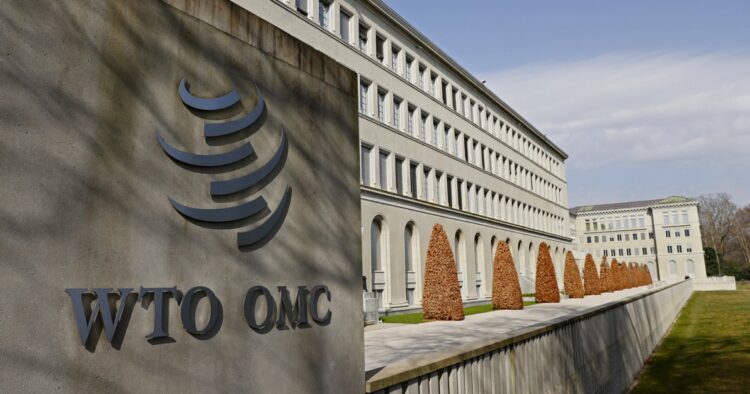Trade negotiations among ministers have stretched into extra time as they strive to salvage a last-minute deal. The main focus revolves around Bharat’s persistent demand for a solution regarding public stockholding and the contentious issue of extending the moratorium on e-commerce for sharing movies and books digitally. As of late evening, only eight to ten out of over 30 paragraphs in the outcome document had been agreed upon.
Ministers and officials are anticipated to spend the night hashing out the text, extending the meeting’s duration to Friday noon from its initial closure time of 8 pm local time Wednesday. A negotiator highlighted that the crux of the matter lies in agriculture and e-commerce, underscoring the complexity of the negotiations.
However, deep divisions persist on various fronts, including issues pertinent to Bharat such as remittances and the mobility of health workers. Notably, Bharat succeeded in excluding the investment facilitation agreement, a China-backed initiative involving over 120 countries, from the scope of WTO agreements, as per a negotiator.
Finding common ground on fishing regulations proves to be challenging, particularly concerning subsidies. Like Bharat, certain Pacific nations advocate for a reduction in subsidies provided by wealthier nations to fishermen. Bharat also emphasizes the rights of its artisanal fisherfolk to access exclusive economic zones extending up to 200 nautical miles.
The European Union’s interest in extending the e-commerce moratorium offers a glimmer of hope for compromise, although countries like Brazil oppose prolonging the waiver beyond March. Progress in agriculture, particularly on resolving the issue of public stockholding, remains sluggish. Brazil’s assertive stance on reducing domestic support adds further complexity, with Bharat stressing that talks on tariffs and subsidies should wait until the food stocks issue is resolved.
Negotiators anticipate discussions on a work program aimed at reducing tariffs and subsidies, including revising the reference price from 1986-88 for calculating food subsidies. Despite the challenges, stakeholders remain engaged in deliberations, underscoring the significance of reaching a mutually beneficial agreement amidst diverging interests.

















Comments